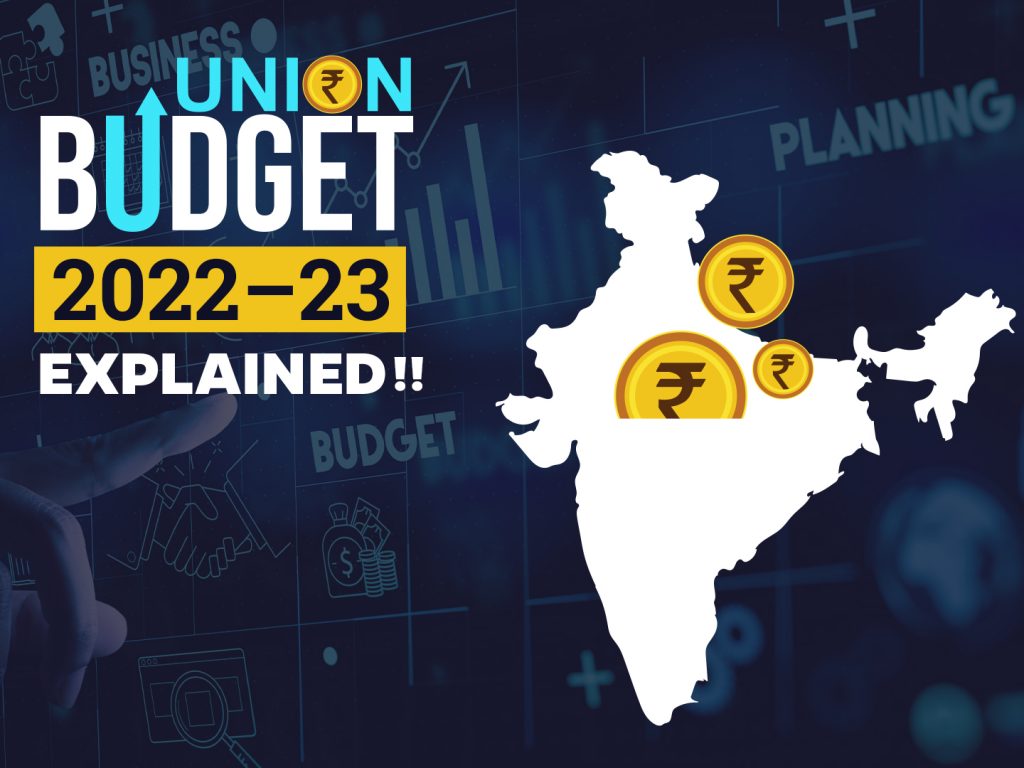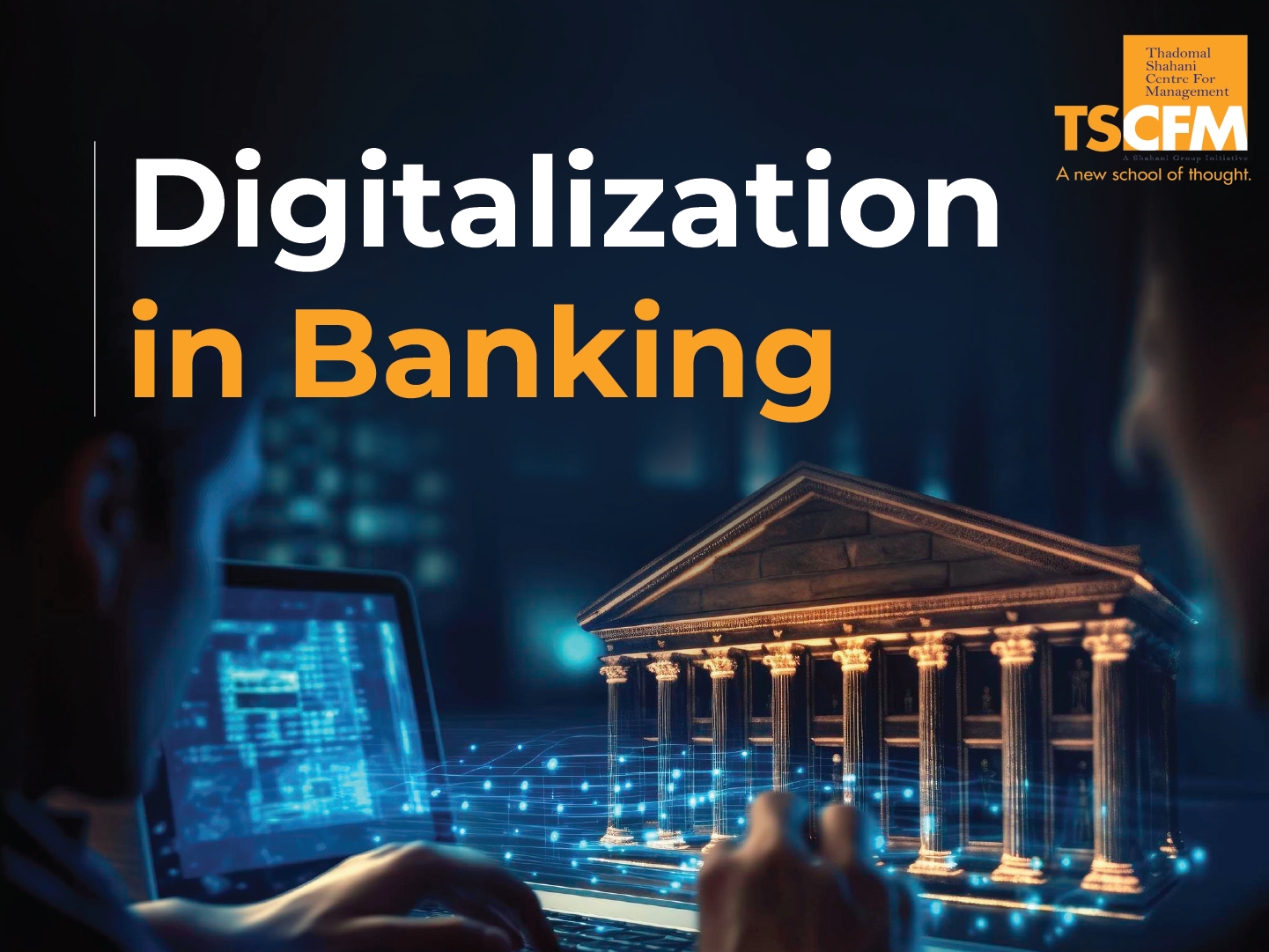Search
All you need to know about Union Budget 2022-23 - Key Highlights and explanation
February 03, 2022

On the 1st of February, 2022, our Finance Minister, Nirmala Sitharaman, announced the union budget of 2022-23 in the parliament. In the speech, she highlighted financial fundamentals, i.e., the ongoing schemes, forthcoming schemes, status & updates, growth, etc.
Let us see the key highlights of the session.
The government has decided to invest Rs. 7.50 Lakh crore as a capital expenditure next year is a sharp jump from Rs 5.54 lakh crore in the current year. Also, India’s growth is estimated to be at 9.2%, the highest among all large economies. In addition, the projection of a 6.4% fiscal deficit for India in FY23. Now talking about the tax updates, the government kept income tax slabs unchanged. Among the big announcements by Finance Minister Nirmala Sitharaman include a 30 percent tax on the transfer of digital assets
Moreover, this year many digital moves have been seen in the budget; for instance, Digital university to set up for online with a focus on ICT using a hub and spoke mode, and to reduce the delay in payment, an online bill system will be launched. It will be used by all central ministries: whereas, Bharatnet project contracts for optical fiber networks will be handed out under the PPP model. Besides these, the 5G spectrum auction in 2022-23 will be done.
Also, all villages should have the same access to digital resources as urban areas. Govt is also planning to launch the delivery of hi-tech services for farmers. Additionally, Govt has intended to introduce a digital rupee using blockchain and another tech. Furthermore, the Union government has allocated Rs 1,04,278 crore for the education sector in the Union Budget 2022 for the financial year 2022-23, this is Rs 11,054 crore higher than the amount allocated to the education sector in the financial year 2021-22.
Also, the digital ecosystem for skilling and livelihood is to be launched. Online training will aim to skill, reskill, and upskill citizens. Nirmala Sitharaman also added the govt is planning To launch National Skill Qualification Framework (NSQF) to cater to dynamic industry needs. Central & state governments’ efforts are to lead jobs and entrepreneurial opportunities to citizens. Over and above that, Emergency Credit Line Guarantee Scheme (ECLGS) extended till March 2023, 60 lakh jobs eyed in next five years. The Emergency Credit Line Guarantee Scheme (ECLGS) establish as part of a Rs 20 lakh crore comprehensive package released by the Finance Ministry on May 13, 2020, to assist Micro, Small, and Medium Enterprises (MSMEs) in the wake of the COVID-19 pandemic’s economic suffering.
Important Links:
- 4-IN-1 Professional Diploma in Banking, Financial Services & Insurance (PDBFSI): https://tscfm.org/courses/4-in-1-professional-diploma-in-banking-financial-services-insurance-pdbfsi/
- Post Graduate Diploma in Management (PGDM): https://tscfm.org/courses/3-in-1-management-program/
- MBA from UK University: https://tscfm.org/courses/mba-from-uk-university/
- MBA for Executives: https://tscfm.org/courses/mba-for-executives/
- PG Diploma in Banking, Financial & Insurance (BFSI): https://tscfm.org/courses/pg-diploma-in-banking-financial-insurance-bfsi/
- Professional Diploma in Digital Marketing: https://tscfm.org/courses/professional-diploma-in-digital-marketing/



